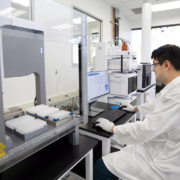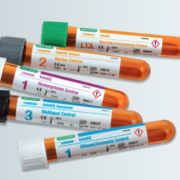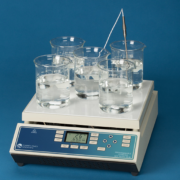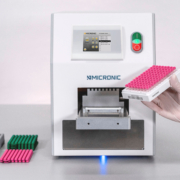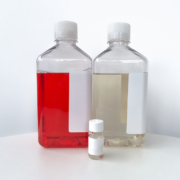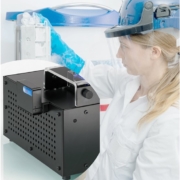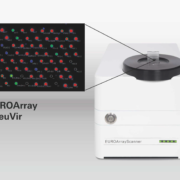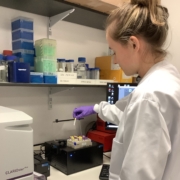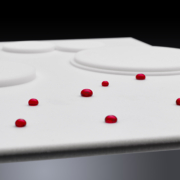Shenandoah Biotechnology introduces expanded range of CTGrade recombinant proteins manufactured following cGMP practices
Shenandoah Biotechnology, a FUJIFILM Irvine Scientific company and leading manufacturer of recombinant proteins, has expanded its CTGrade portfolio of cytokines and growth factors for cell and gene therapies manufactured following cGMP guidelines. The expanded range, which is now available directly through FUJIFILM Irvine Scientific, includes CTGrade cytokines IL-2, IL-3, IL-6, IL-7, IL-10, IL-15, IL-21, and […]




